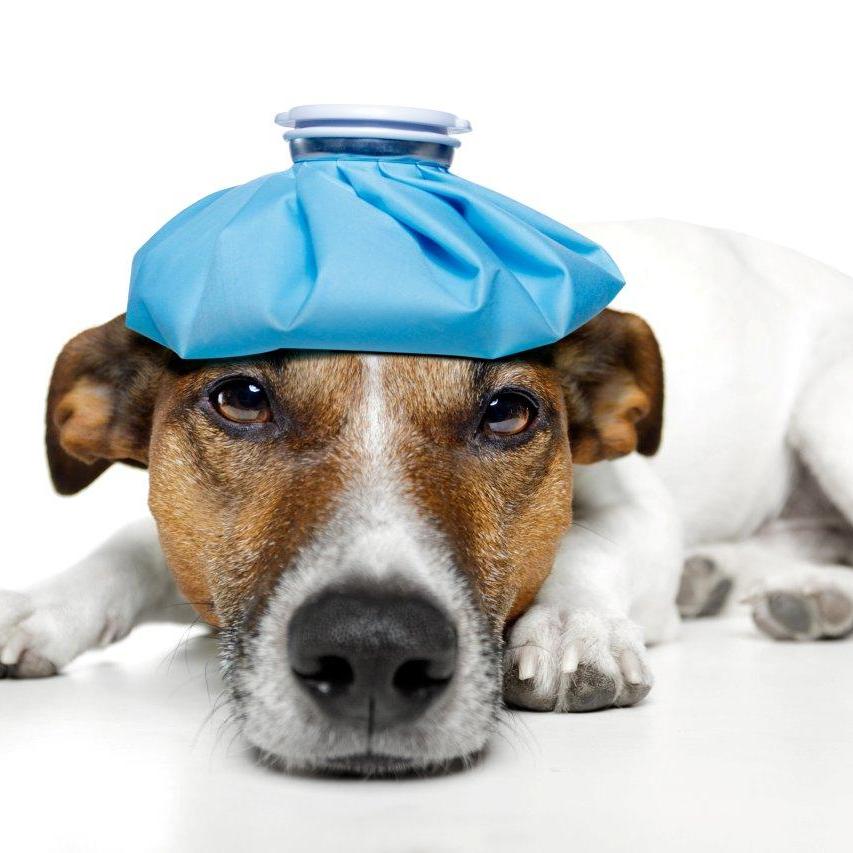

If your pet is lost, or if you find a pet, we have provided some phone numbers that can be helpful in assisting you. In addition to these resources, please contact us anytime during office hours for help with animal identification. We have the equipment to scan microchips and to provide immediate identification to returnRead More

A microchip that’s no bigger than a grain of rice can be implanted into all kinds of pets — from cats and dogs to reptiles and birds. The device carries a number, which is plugged into a database that includes the name and contact information of a pet’s owner. If you are worried the procedureRead More

It takes a watchful eye to recognize what may be early signs of disease or health problems, please let us know if you notice any of these changes in your pet. Behavioral Changes

Heartworms are a parasite transmitted by mosquitoes, and are almost always fatal if not detected and treated early. Fortunately, prevention is easy. We recommend annual testing as well as a year-round program of prevention.

Spaying and neutering can help prevent cancer of the reproductive system and can also help curb behavioral problems. Both cats and dogs can be spayed or neutered as young as 6 months of age. It is not necessary for females to have gone through their first heat, nor will it stunt an animal’s growth toRead More

Your pet’s nutritional program plays a critical role in achieving optimal health, happiness and longevity for your cat or dog. Preventative nutrition starts at birth and continues through your pet’s adult life. High quality food is a significant factor to our pet’s health and needs to be considered when deciding which food is best forRead More

Only use soap free shampoo, otherwise you will strip your dog of his/her flea/tick prevention medication (including baby shampoo). Bathe every 6 weeks (bathing too often causes dry skin). Place cotton balls in your dog’s ears to prevent water from going in and developing an ear infection.



